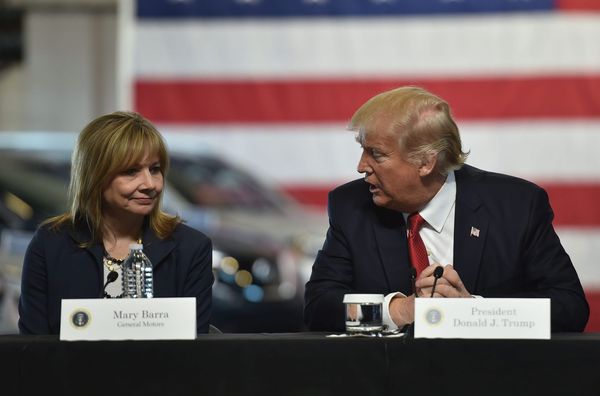
Lady Neville-Rolfe, who was postal minister when the Post Office’s defence of the Horizon IT system and prosecution of branch owner-operators was being increasingly questioned, has recounted a “threatening” meeting with its executives where she says it was intimated she should “watch out”.
She told the public inquiry into the Horizon scandal that her increasing scepticism and disillusionment at the advice given by civil servants and the proposal of an independent review of the situation led to the heated meeting with leading figures at the Post Office, including the then chief executive, Paula Vennells.
Neville-Rolfe, who held the role of postal minister for 14 months until July 2016, told the hearing on Tuesday: “There was just this memory that I felt slightly threatened at the meeting.
“There was this threatening feeling that I should watch out. I do recall finding one of the Post Office attendees to be particularly overbearing and dismissive of my concerns.”
The former senior Tesco executive said that after becoming frustrated with the one-sided view of the Horizon IT system and the prosecutions from civil servants and the Post Office she attended a revelatory meeting, which included Andrew Bridgen and Kevan Jones, where the two MPs raised a raft of issues.
These included the misrepresentation of the reports by Second Sight, and the sidelining of the forensic investigator after its criticism of Horizon, “Dickensian” contracts post office operators were employed under, the remote access capability of Post Office systems by Fujitsu, claims of document destruction, and the “smokescreen” remediation scheme for postmasters put in place by Post Office.
“That was my road to Damascus,” Neville-Rolfe told the inquiry. “As I got into individual cases, which earlier on I was discouraged from thinking about, these were honest citizens.
“Suddenly out of the blue with no suggestion they themselves or friends and relations were involved in anything dishonest they were suddenly ending up in court and being convicted. These [were] very unsatisfactory experiences with what I call Middle Britain. The MPs did bring out strongly these points.”
Neville-Rolfe suggested to the then new Post Office chair, Tim Parker, that he adopt a “fresh eyes” approach and conduct an independent inquiry, which was ultimately carried out by the former top Treasury lawyer Jonathan Swift in 2016.
The Swift report raised key concerns about the accounting software and whether the Post Office had enough evidence to bring charges of theft. However, only four copies of the report were made, none of which were shared with the Post Office board or the government.
Earlier this month, Parker gave testimony to the inquiry denying he was involved in a cover-up. He said Post Office lawyers had advised him not to share the damning report more widely.
“If it had become public would have been extremely transformational,” said Neville-Rolfe, who added that Parker’s summary of it was “materially misleading”. She said she only saw the full report for the first time as part of the inquiry.
“I don’t recall [Parker] saying he had a final report I might have asked for. I recall him saying there was ongoing work in two or three areas. I thought I would get the full report in due course with recommendations,” she said.
She also said she was never told that a key reason the Post Office stopped prosecuting post office operators was because it could no longer find an expert witness willing to testify about the integrity of the flawed Horizon IT system and its data.
She said that she only found out years later when it was revealed as part of the public inquiry.
The hearings were told the Post Office stopped prosecutions in part because internal advice concluded that the testimony of Gareth Jenkins, a Fujitsu engineer who formed the backbone of the Horizon integrity defence against post office operators, was materially misleading and in breach of court rules.
“I didn’t know any of that at the time,” Neville-Rolfe said. “Looking back, in hindsight I was getting unending, always the same, advice from the Shareholder Executive [which manages government-owned assets and had a member on the board who is supposed to represent its interests]. It was very black and white. I wasn’t aware [of the reasons prosecutions ended] until the inquiry.”







